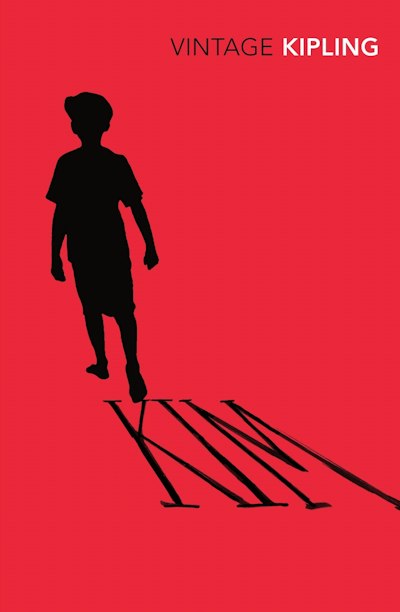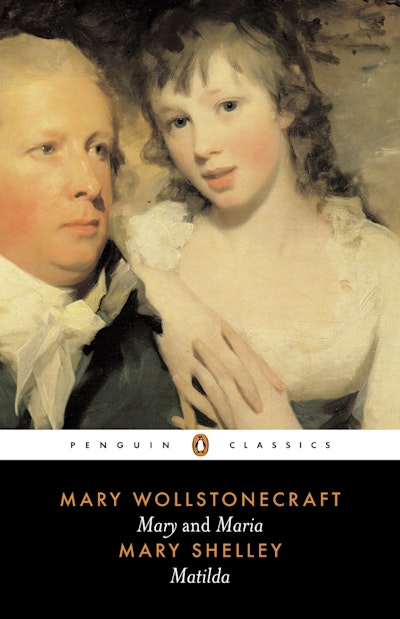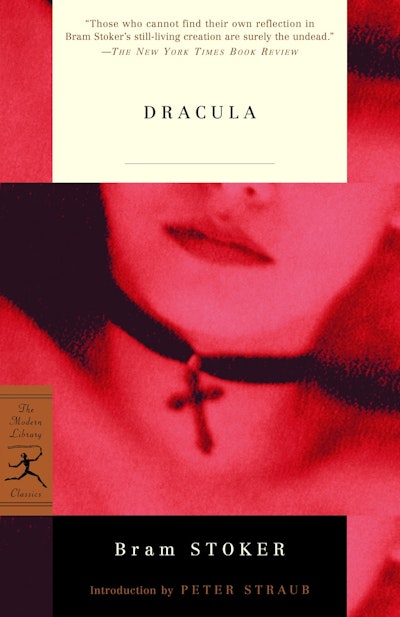- Published: 3 April 1989
- ISBN: 9780140445053
- Imprint: Penguin Classics
- Format: Paperback
- Pages: 288
- RRP: $26.99
Poor Folk and Other Stories
A collection of some of Dostoyevsky's finest short stories
With their penetrating psychological insight and their emphasis on human dignity, respect and forgiveness, Dostoyevsky's early short stories contain the seeds of the themes that came to his major novels. Poor Folk, the author's first great literary triumph, is the story of a tragic relationship between an impoverished copy clerk and a young seamstress, told through their passionate letters to each other. In The Landlady Dostoyevsky portrays a dreamer hero who is captivated by a curious couple and becomes their lodger. Mr Prokharchin, inspired by a true story, is a sly comedy centring on an eccentric miser, and Polzunkov is a powerful character sketch which, in common with the other tales in this volume, questions the very nature of existence.
- Published: 3 April 1989
- ISBN: 9780140445053
- Imprint: Penguin Classics
- Format: Paperback
- Pages: 288
- RRP: $26.99
Other books in the series
About the author
Fyodor Mikhailovich Dostoyevsky was born in Moscow in 1821. His debut, the epistolary novella Poor Folk (1846), made his name. In 1849 he was arrested for involvement with the politically subversive 'Petrashevsky circle' and until 1854 he lived in a convict prison in Omsk, Siberia. From this experience came The House of the Dead (1860-2). In 1860 he began the journal Vremya (Time). Already married, he fell in love with one of his contributors, Appollinaria Suslova, eighteen years his junior, and developed a ruinous passion for roulette. After the death of his first wife, Maria, in 1864, Dostoyevsky completed Notes from Underground and began work towards Crime and Punishment (1866). The major novels of his late period are The Idiot (1868), Demons (1871-2) and The Brothers Karamazov (1879-80). He died in 1881.



























































































































































































































































































































































































































































































































































































































































































































































































































